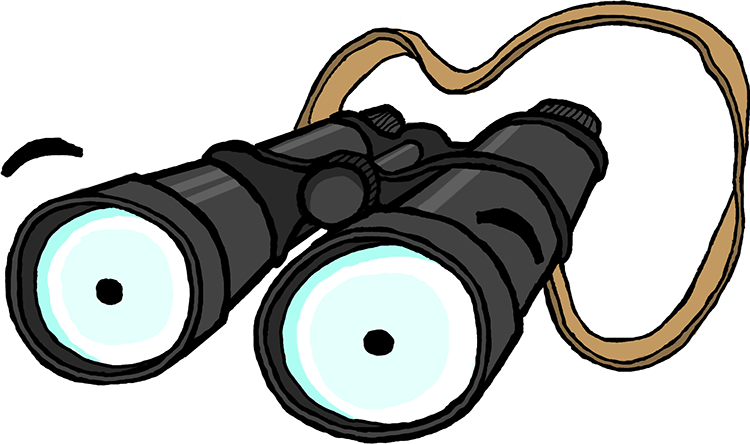Riots/Rebellions
After William the Conqueror was crowned William I, King of England, changes inevitably followed because his followers from Normandy and other parts of France were introduced into English society.
Ones that supposedly repressed the English and benefited the Normans - this change in society and lifestyle is one that has been looked back on by the British Population, and the expression ‘A Norman Yoke’ was coined. This expression is suggesting that only prior to William the Conqueror becoming King was England a free country. After that, England was oppressed by the Norman aristocracy - the idea that the Anglos were very unhappy with William’s cruel rule over them. But was it really like that?
This ‘Norman Yoke’ is emphasised in a poem by Sir Walter Scott written in the 19th Century.
Norman Yoke by Sir Walter Scott
Norman saw on English oak,
On English neck a Norman yoke;
Norman spoon in English dish,
And England ruled as Normans wish;
Blithe world in England never will be more,
Till England 's rid of all the four.
Although this oppression has been argued to have been exaggerated for propaganda purposes, there was clear evidence that immediately after England was conquered, the population was not happy. William the Conqueror was not immediately accepted by all as the King of England and between 1066-1070 there were a number of rebellions and riots that took place across the country… In 1068 there was an uprising against the Normans in Exeter and a few more major uprisings in the North of England. Then there was an invasion from Denmark sent by King Svein Estrithsson which was supported by some of the rebels
The biggest rebellion after the Normans conquered was in the north of England in 1069 - led by Edgar the Atheling and others (see more on him here) - being the half-brother of Edward the Confessor, he had a blood-claim to the throne, so was a threat to William’s claim! Even with the support of the Danish and Scottish, the rebellion was stopped by William, but he wanted to ensure this did not happen again - he wanted to show the English people that he was their ruler.
To demonstrate he was King he took very violent actions. From 1069 to 1070 William ordered multiple villages in the north of England to be destroyed and the people deprived of their livelihoods. He ordered crops, houses and herds of animals to be burnt and destroyed. It is said that 75% of the people became much poorer than they would expect to be and that crops were destroyed and animals killed to prevent the remaining people from being able to harvest and grow new food.
To gain respect and authority William felt he had to act in this way, a lot of his other methods he put in place to take control of his new kingdom can be still seen now, see here for the impact, consequences and legacy of the conflict here.
DID YOU KNOW...?
This violent response to the riots and rebellions which happened in the North of England is known as The Harrying of the North
If you were a medieval rebel what speech would you write to inspire others to riot against William the Conqueror?


